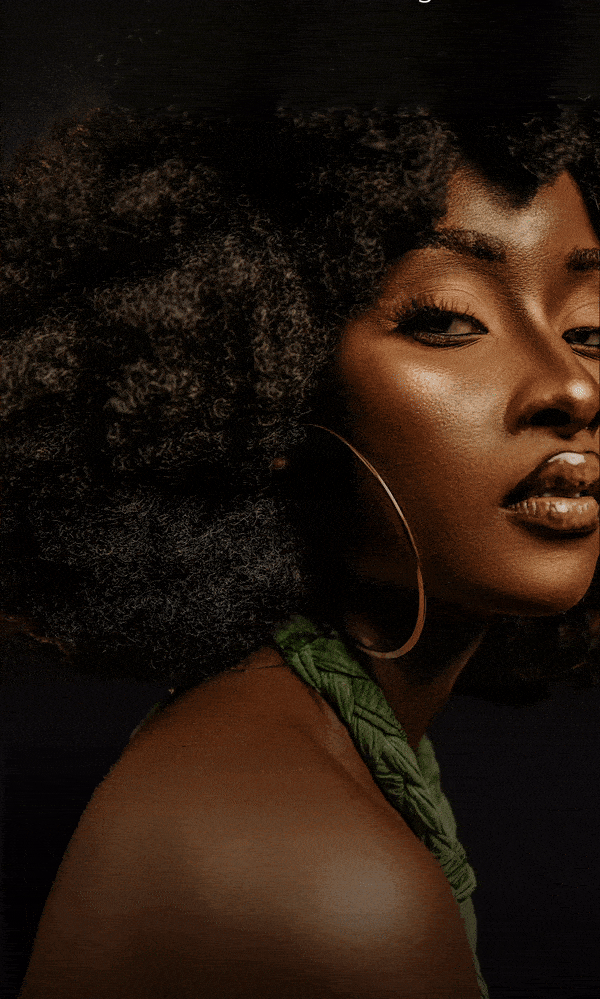The Oxford English Dictionary (OED) has added 20 Nigerian words with global recognition. These additions reflect the unique spirit, culture, and everyday realities of Nigerians. Here’s a breakdown of the latest linguistic exports:
419: The notorious code for fraud, synonymous with scams and deception.
Abi: The classic question tag, asking, “isn’t it?” with flair.
Adire: Vibrant, hand-dyed Yoruba fabric, flaunting our heritage in every thread.
Agbero: The street-smart transport worker, hustling and bustling at motor parks.
Area boy: That unpredictable street gang member who lives by the code of survival.
Cross-carpet/Cross-carpeting: The political dance of switching parties, redefining loyalties overnight.
Eba: Swallowed with soups, this cassava-based staple is a taste of home.
Suya: The fiery, spiced grilled meat that ignites street corners and palates alike.
Cultural symbols are not left out:
Gele: The bold, statement-making head tie that crowns every occasion.
Jand, Janded, and Japa: Tales of emigration and the ever-present Nigerian dream of greener pastures.
Ethnic pride gets a nod:
Edo and Kanuri: Highlighting the rich tapestry of Nigeria’s diverse ethnic identities.
Money matters:
Kobo: The humble but indispensable smallest unit of Nigeria’s currency.
Expressions that hit home:
Naija: The affectionate, streetwise nickname for Nigeria.
Yahoo and Yahoo boy: The internet fraudster duo, infamous but unmistakable.
Yarn dust: When someone starts talking pure nonsense, Nigerians call it what it is.
These words now hold space on the global stager. Naija speaks, and the world listens.







